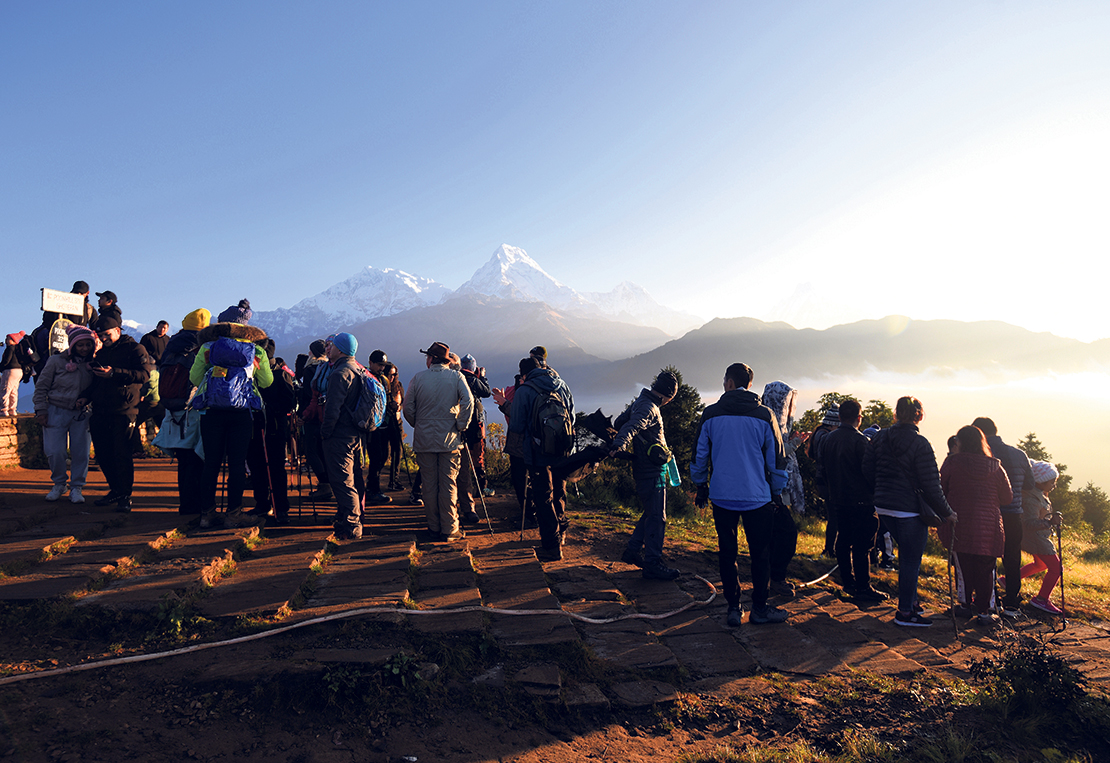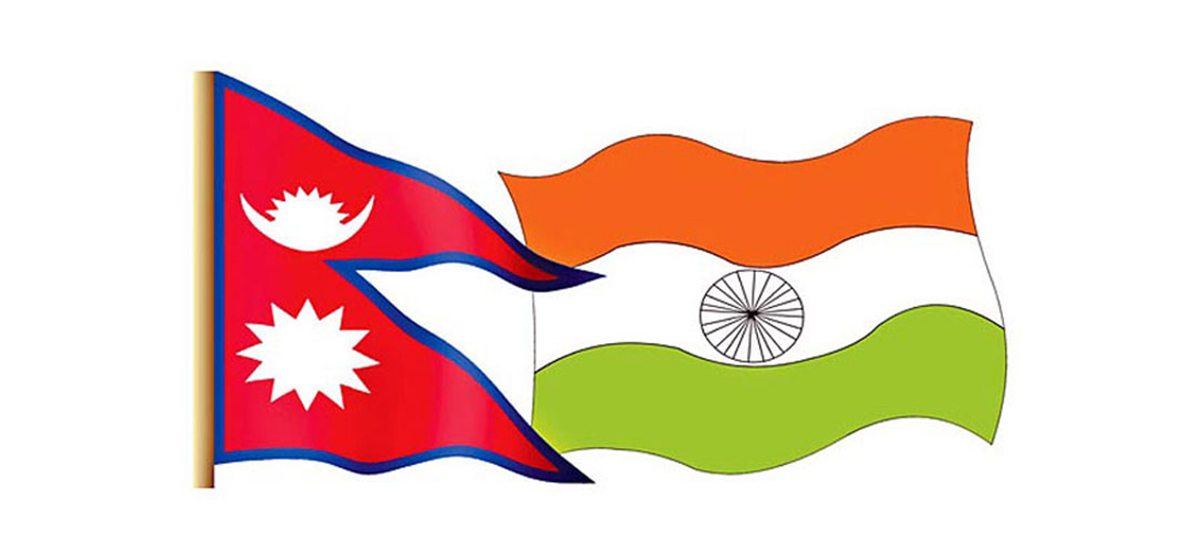
OR
Resolve the citizenship dispute
Published On: May 2, 2019 02:00 AM NPT By: Republica | @RepublicaNepal
Citizenship has become one of the most debated issues of Nepali politics for nearly over five decades. There are legitimate calls for not letting any Nepali born in Nepal to become stateless and there are as legitimate concerns about framing citizenship policies suited to Nepal’s actual need in a way that does not allow recipient of Nepal citizenship to misuse it. The constitution of Nepal states that “no Nepali citizen shall be denied the right to acquire citizenship” and it clearly denies dual citizenship. Article 10 (2) of the constitution states, “there shall be a provision of single federal citizenship with provincial identity in Nepal.” At the same time there also is a provision which states that “persons who have acquired citizenship of Nepal at the commencement of this Constitution and persons who are eligible to acquire citizenship pursuant to this Part [Part 2] shall be deemed citizens of Nepal.” Again, Article 18 of the constitution states that “there shall be no discrimination in the application of general laws on the grounds of origin, religion, race, caste, tribe, sex, physical conditions, disability, health condition, matrimonial status, pregnancy, economic condition, language or geographical region, or ideology or any other such grounds.” When the constitution itself offers such clear guidelines in matters related to equality and acquisition of citizenship, there should not have been any debate on this matter and it should have been resolved once and for all long ago. But as things stand, it has not been. There have been grievances from rights activists as well as a section of intellectuals that Nepali law does not give equal rights to women in matters of acquiring and transferring citizenships to their spouses and children.
Main contention is related to provisions of acquisition and transfer of citizenships by Nepali men married to foreign women and Nepali women married to foreign men. While the existing law, including the citizenship bill currently under deliberation in the parliament, allows Nepali men married to foreign women to bestow citizenship to their spouses without much administrative and bureaucratic hassles, it is not so in case of Nepali women married to foreign nationals. The spouses of such women have to wait for as long as 15 years to acquire naturalized Nepali citizenship and unless the spouses of such women have acquired citizenships or if their status is ‘unknown,’ the children born to such Nepali mothers become naturalized citizens while the children born to Nepali fathers and foreign mothers become citizens by descent. Apparently, this is the major contention on citizenship debate. But neither ruling Nepal Communist Party, nor main opposition Nepali Congress and rights activists have been able to put forward a concrete proposal on how to resolve this issue.
In this context, Sajha Bibeksheel Party has proposed that foreign nationals marrying Nepali citizens should be given Nepali citizenship only after residing in Nepal for seven years. While making its position clear on citizenship debate, the party has maintained that the government could issue special identity cards for foreign spouses of Nepali citizens for the purpose of managing family relations, fulfilling legal responsibilities and other essential works until they are granted citizenship certificates. Sajha Bibeksheel states that provision to disclose the identity of father alone while acquiring citizenship certificate is discriminatory and proposes to make mandatory identities of both father and mother while issuing citizenship certificates. This could be one possible solution to end the debate. Or may be ruling and opposition parties can come up with better solution, if they have one. Citizenship debate has dragged on for far too long. It should be resolved in a way that addresses equality concern.
You May Like This

Solidarity with Sri Lanka
Sri Lanka is in mourning. In the worst violence since the end of the civil war a decade ago, at... Read More...

Protect our wildlife
Amidst largely despairing news on politics and governance, there is something to inspire optimism in the field of wild life... Read More...

A lot to do for parliament this time
The parliament’s winter session, which is also taken as the bills session, has commenced on Wednesday. The first meeting of... Read More...



Just In
- WB to take financial management lead for proposed Upper Arun Project
- Power supply to be affected in parts of Kathmandu Valley today as NEA expedites repair works
- Godepani welcomes over 31,000 foreign tourists in a year
- Private sector leads hydropower generation over government
- Weather expected to be mainly fair in most parts of the country today
- 120 snow leopards found in Dolpa, survey result reveals
- India funds a school building construction in Darchula
- Exploring opportunities and Challenges of Increasing Online Transactions in Nepal







_20220508065243.jpg)








Leave A Comment